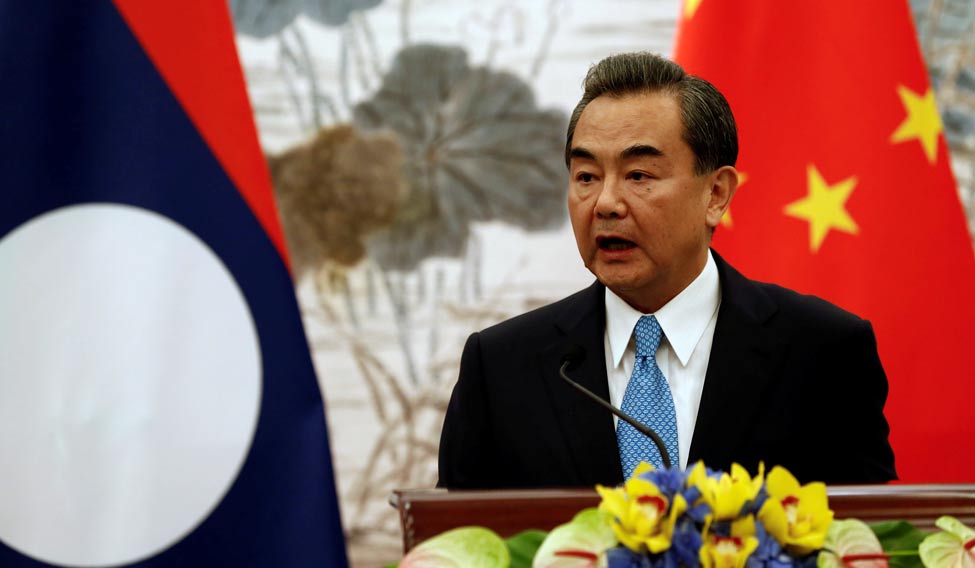The K factor is likely to figure when minister of external affairs Sushma Swaraj meets her Chinese counterpart Wang Yi in Delhi next Friday. Other subjects that are likely to be discussed are terrorism—especially with China’s technical hold on Masoor Azhar—South China Sea and India's NSG membership.
The Chinese foreign minister will be on a three-day visit to India from August 13. This is the first time that the two ministers will come face to face after China blocked India’s NSG membership.
"The visit of foreign minister Wang to India is part of the regular high level dialogue between the two countries," said MEA spokesperson Vikas Swarup. The last time the two ministers met, was in Moscow during the Russia-India-China trilateral in April.
The visit is also expexted to lay the groundwork for G20 meeting that will be held in China. The joint statement will be discussed as well as diplomatic details of BRICS summit being held in Goa will be worked out.
Over the past few months, the tension between New Delhi and Beijing has been building. Post China’s stand on the membership to NSG—and India’s rather public outburst—the two countries have been taking pot shots at each other. India had not named China in the statement issued post the failed NSG bid, but had hinted plainly that despite "one country" persistently raised procedural hurdles, a three-hour discussion took place. "It is morally legitimate for China and other members to upset India's proposal in defense of principles," an edit in state-run Global Times stated.
China also expressed concern over the "casualties" in India-administered Kashmir, angering India. "Kashmir is an issue with the RSS and BJP, it will come up," says Srinath Kondapalli, chairman, professor in Chinese Studies, School of International Studies Jawaharlal Nehru University.
While the NSG is not part of the bilateral agenda between the two countries, it would come up. "In 2005, both sides signed a strategic cooperative partnership. This means that China and India will have discussion on comprehensive issues, which would include nuclear and global issues. Chinese diplomats explicitly violated this. India will ask for an explanation," says Kondapalli.





